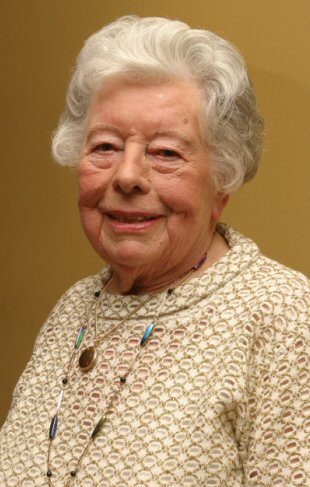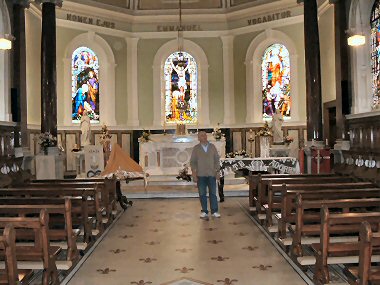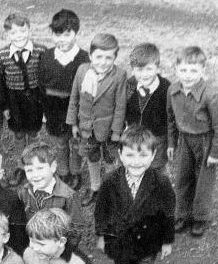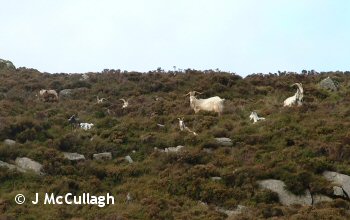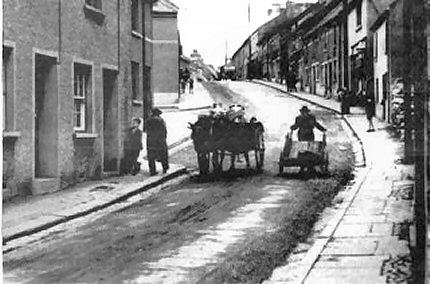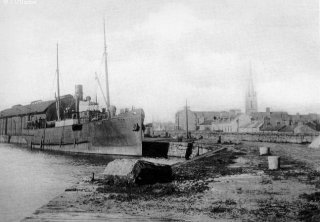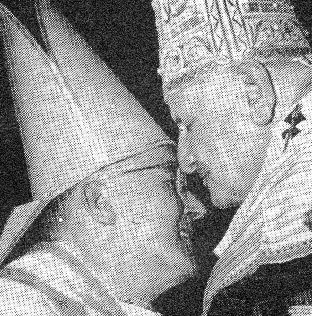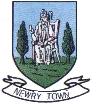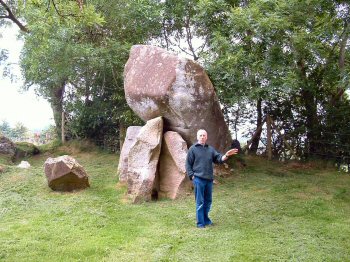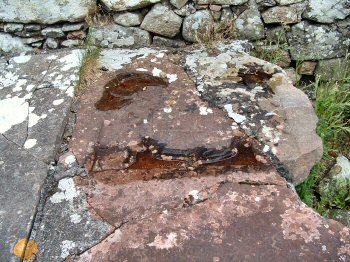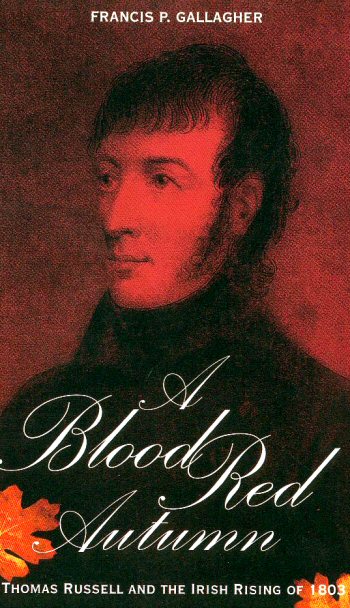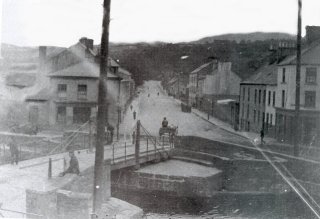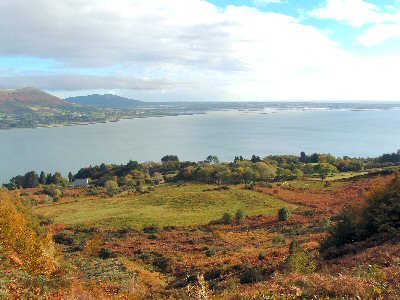KathleenO’Hanlon: obituary
Kathleen O’Hanlon 1914 – 2005 – Her Funeral Oration
My mum was born Catherine Josephine Hoey on 9th June 1914 in Adavoyle. To put her long life in context, that was the year WW1 broke out. She was one of twin daughters to Hugh Hoey and Mary Catherine Dowdall.
Devil Drink
‘Beware the demon drink!’ the minister roared from the pulpit.
‘It has brought ruin, immorality and disaster upon individuals and families alike. It is sinister too, creeping up on people: it may start with just one, but that leads to another.
Abbey Primary 6: 1956
I’ll upload the rest of this photo later. In the meantime, another little quiz.
The boy in the middle of the back row is Martin mcCaul, then of 5 Orior Road. Now he is Chairman of Killeavy Social Club!
Who are the others? Over to you!
Good Samaritans
It was close to Christmas, the season of goodwill, and at the height of our ‘Troubles’ but like the great majority of Northern Ireland’s citizens, I – relatively unfazed and unscathed – was going about my normal life and business.
Fews Mines and Forests
Newtownhamilton, says an old copy of the Armagh County Guide, is named after its founder who in 1770 established a settlement here in the
Tom McKeown’s boot
1947 was the coldest winter in living memory, the year of the big snow. It fell and lasted for weeks. Indeed, it was the year of birth of Newry Journal’s editor and you’d know by the look of him that first cold winter stunted his growth!!
The Mill Horn
Watches were expensive and not in vogue with ordinary people in those days. In any case, we didn’t need them! There were many ways to tell the time; there were the trains, the church clock and the mill horns, for example.
Uncle Raymond Carroll
My Uncle Raymond was a jack-of-all-trades. He could be called upon by his brothers and sisters to paint, paper, clear drains, in fact anything that needed to be done about the house he was their man. For years we believed him when he said that he was teaching the pups to swim whenever our bitch Toby gave birth to a litter.
Parkhead Trip 1984
That was the question asked by our bus driver as we were about to set off from the AOH Club in Newry to go on one of our early trips to
Goward Dolmen
Who better to show one the architectural and archaeological treasures of the Hilltown area than local Green Party councillor Ciaran Mussen? I had the quick tour but am promised the whole thing in the near future. Ciaran hopes to set up a local walking group and I’m optimistic he will accept a Nyuck interloper too!
Magennis Grave, Clonduff
The gravestone pictured below has the Magennis coat-of-arms and other inscriptions carved (though now badly-weathered) upon it. The seventeenth century repression following the 1641 insurrection saw the suppression of the branch of the locally ruling Magennis sept and the confiscation of lands. Some Magennisses made their peace with the English in order to retain some possessions and a position of influence.
It was never anything but a short-term policy on the part of the occupiers and by the end of the century less than 10% of all Irish land was in Irish hands.
Blood Red Autumn: F Gallagher
‘A Blood Red Autumn: Thomas Russell and the Irish Rising of 1803’ by Francis P Gallagher is designed to shed more light on a subject which till now has received little historical research. The book is available locally at Easons and Waterstones.
Use of the pan!
The pan was used extensively at our house when we were young.
There were ten children, two parents and one granny to be catered for and my mother was the chief cook. The only time the pan was not used was when we had a roast or stew for dinner but even so the pan came out on Monday and the remains of the Sunday roast was cut into slices and fried on the pan along with the remains of the vegetables.
Man from God-knows-where
Thomas Russell – the man from God-knows-where – was a United Irishman leader, a friend of Tone and Emmett, who organised Co Down (the location of Florence Wilson’s poem), was arrested and gaoled before the ’98 Rebellion but, after his release in 1802 he organised the North in Robert Emmett’s ill-fated 1803 uprising.
The first part of the poem is set in Winter 1795, the latter in Autumn 1803.
Long Woman’s Grave: penultimate
‘In one of his ancestor’s rooms
Young Charles now sits alone
Without a spot, save those old walls,
He now can call his own:
